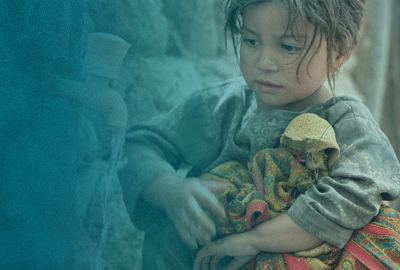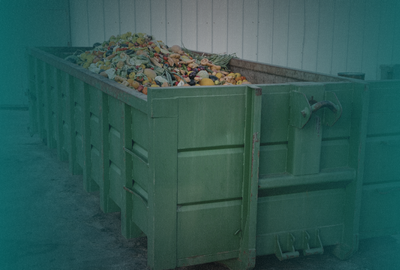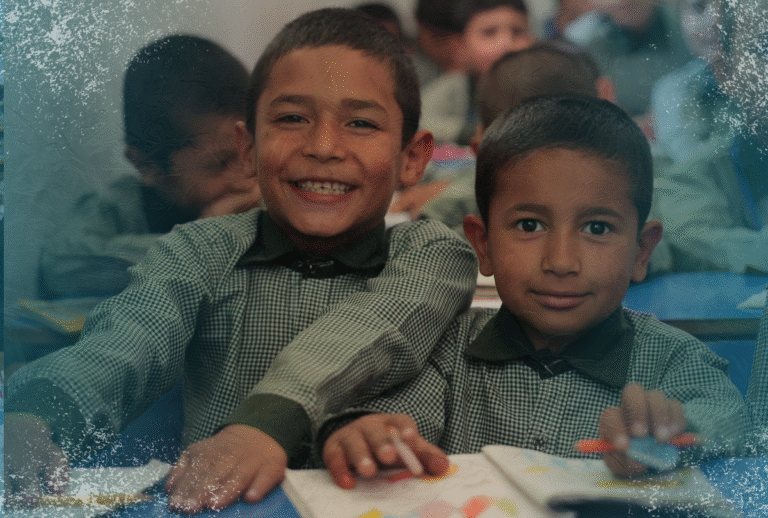How Does Access to Water Unlock Education and Progress?
Around the world, millions of children are denied an education not because they lack intelligence or ambition – but because they lack something even more basic: clean water.
While many of us grow up in societies where going to school is a given, for so many children around the world, education is a far-off dream – with many unable to attend even one class.
Let’s explore how access to clean water is directly connected to education, and how your support can make a lasting difference.
The Water Crisis Affects Education
In many rural regions, children walk miles every day just to fetch water.
This means there is no time for school, there are missed lessons, and there are high dropout rates.
A child should never have to choose between having water to drink and getting an education.
Yet this is the heartbreaking reality for many.
Why Does Lack of Clean Water Affect Education – and Girls Especially?
When water is scarce, it’s often girls who are expected to fetch it – which means that they end up missing out on an education.
This leads to:
- Lower literacy rates for girls
- Missed school days or complete withdrawal
- Early marriage due to lack of future prospects
A lack of water doesn’t just affect a girl’s education – it can erase her future entirely.
Water Means Safe, Clean Schools
Even when children make it to school, a lack of water presents more barriers.
Without clean and safe water sources, this means that schools often have no clean toilets or sanitation, no safe drinking water, and no ability to maintain hygiene.
For girls especially, this becomes a major issue once they reach puberty. Without proper facilities, many are forced to drop out altogether.
This is a daily reality for countless children in schools that lack basic water infrastructure.
Water Enables Access to Education
Every well, water pump, or tank installed by The Zahra Trust has a ripple effect.
Water isn’t just quenching thirst.
It’s building futures, restoring dignity, and creating opportunities – especially for girls who are the first to lose access when water runs out.
Your Support Creates a Legacy
Giving water is among the greatest acts of Sadaqah Jariyah.
Imam Al-Baqir (as) is narrated to have said,
“Verily the first thing to be rewarded on the Day of Resurrection will be the giving of water.”(Bihar al-Anwar, v.96, p.173, n.13)
When you help provide clean water to a school or community, you’re not just easing thirst – you’re unlocking education and giving a child a chance at a better future.
Water opens the door to learning. Let’s make sure every child can walk through it.
FAQ
Access to clean water improves school attendance by reducing the time children spend fetching water, improving their health, and allowing schools to maintain hygiene facilities. With water available, children – especially girls – are more likely to attend and stay in school.
In many communities, girls are responsible for collecting water, which can take hours each day. This responsibility often forces them to miss school or drop out entirely. Lack of clean water and sanitation also impacts their ability to attend school after reaching puberty as well.
Schools without clean water often lack functioning toilets, handwashing stations, or safe drinking water. This leads to poor hygiene, increased illness, and unsafe conditions – especially for girls, who may stop attending once they reach puberty.
Water wells, pumps, and tanks reduce the burden on children to collect water, improve health, and allow schools to provide basic sanitation. This helps increase enrollment, reduce dropouts, and create a more dignified learning environment.
Yes. Providing clean water is a form of Sadaqah Jariyah (ongoing charity) in Islam. The impact continues for years, as every drop used for drinking, washing, or cooking contributes to better health and access to education – creating a legacy of continuous reward.
You can support The Zahra Trust’s water projects by donating to fund wells, tanks, and sanitation facilities in water-scarce communities. Your contribution helps give children the time, safety, and health they need to pursue an education.


 Donate Now
Donate Now
 Donate
Donate









